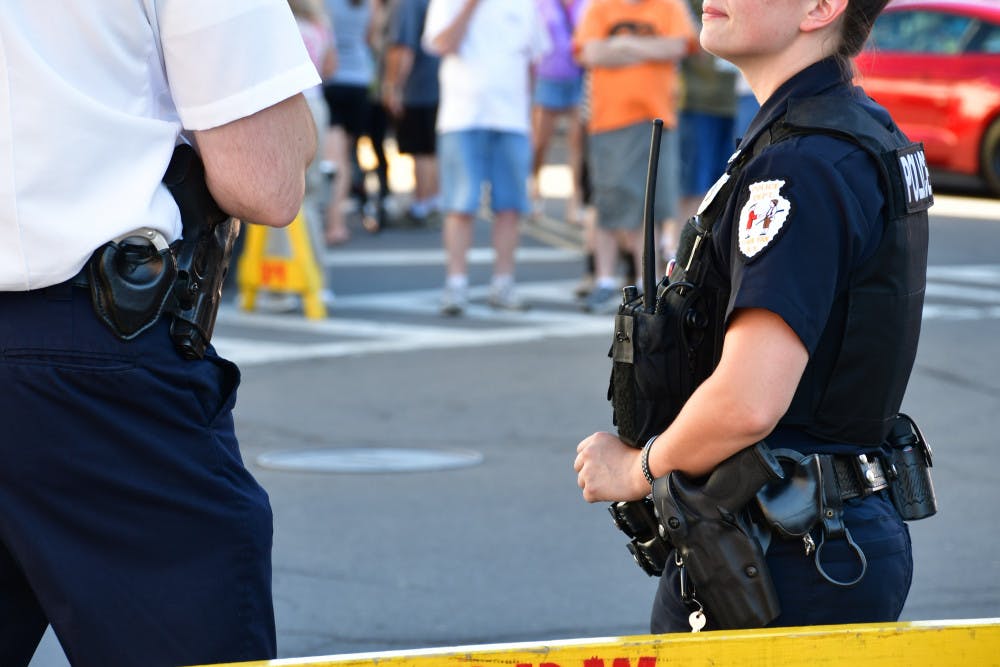By Jesse Stiller
Nation & World Editor
In response to the protests since the death of George Floyd, local, state and national governments have started to pay attention. Activists are meeting lawmakers to discuss ways for sustainable reform.
“‘It's a huge moment. Two months ago, three months ago, four months ago, when we were talking about reform, we were dealing with piecemeal issues,’” said police-reform activist activist Nkechi Taifa to USA Today. “‘Little did we know that the activists in the streets would take some of (the) things we've been saying for years and go much further, be much bolder.’”

Back in June, President Donald Trump announced an executive order for police reform in the wake of large-scale protests against police brutality and racism. The executive order, signed on June 16, encourages better policing practices but makes no mention of racism.
According to Politico, the executive order seeks to encourage police departments to use mental health and social workers, rather than police officers, for calls regarding addiction, mental episodes and homelessness. It also calls for the ban of the use of chokeholds among police officers, “except in those situations where the use of deadly force is allowed by law.”
“One modest inadequate executive order will not make up for his decades of inflammatory rhetoric and his recent policies designed to roll back the progress that we’ve made in previous years,” said Senate Minority Leader Chuck Schumer to the Associated Press.
The United States Senate Republicans have also proposed a police reform legislation. The 106-page bill, called the Justice Act, would incentivize police departments to ban the use of chokeholds, and require more disclosure for no-knock warrants, along with penalties for false reports, among other reforms.
Some states are taking the matters into their own hands, as Colorado Governor Jared Polis signed a sweeping bill that ends qualified immunity for police, requires all officers to wear cameras and make the footage public by 2023 and asks officers to report others for misconduct on the job, according to CBS Denver.
In New Jersey, the legislature passed a bill that would also limit chokeholds and include bias training for officers, according to NJ.com, which passed almost unanimously. On July 30, the State Senate and Assembly met to vote on over 100 bills, many of which focus on policing and criminal justice reform.
According to NorthJersey.com, one bill, which was passed by the Senate 40-0, criminalizes false 9-1-1 calls “used to intimidate or harass a person based on their race or other protected class — like gender, age, disability and others.”










